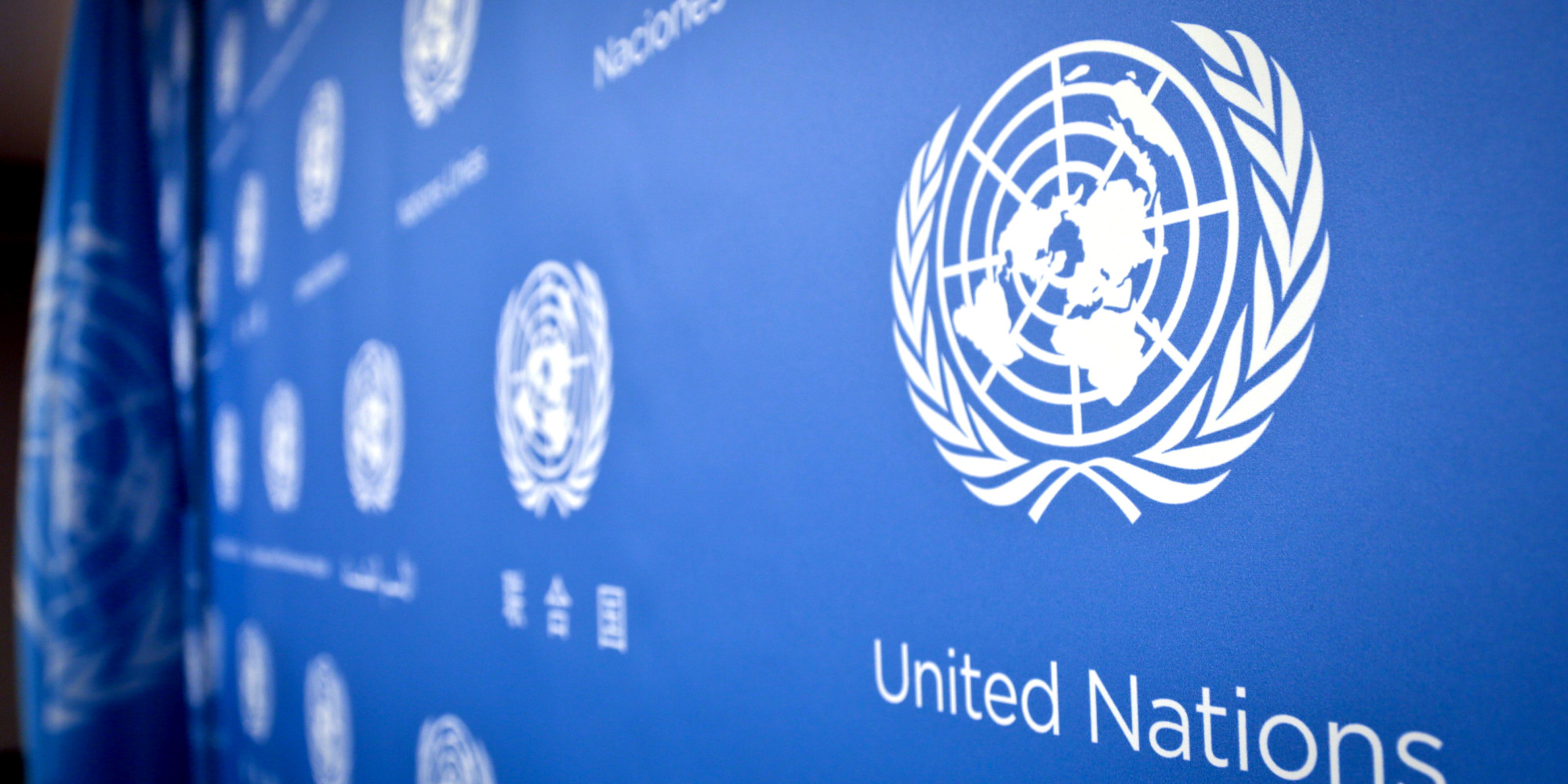
The United Nations has warned that the threat of a nuclear weapon being used is now “higher than it has been in generations.”
NAN reports that the UN High Representative for Disarmament Affairs, Izumi Nakamitsu, gave the warning on Wednesday in New York, in a meeting convened in support of the Non-Proliferation Treaty (NPT).
The meeting was convened by the UN Security Council at the UN headquarters ahead of the next conference to review the historic accord, scheduled for 2020.
Nakamitsu regretted that humanity now lived in a world defined by “competition over cooperation, and the acquisition of arms, prioritised over the pursuit of diplomacy.”
The NPT, which entered into force in 1970, represents the only multilateral binding commitment to the goal of disarmament by the countries which officially stockpile nuclear weapons.
The objective of NPT was to prevent the spread of nuclear weapons and weapon technology, promote cooperation in the peaceful uses of nuclear energy and further the goal of achieving nuclear disarmament and disarmament overall.
Nakamitsu warned that the use of nuclear weapons, “either intentionally, by accident, or through miscalculation,” was one of the greatest threats to international peace and security.”
She added that “the potential consequences of a nuclear war would be global and affect all member states.”
The treaty, she said, was widely acknowledged as “the cornerstone of the international non-proliferation regime and the essential foundation of nuclear disarmament.”
“Its role as a pillar of our collective security is likewise an accepted fact,” the nuclear disarmament chief said.
The durability of the NPT, which has lasted for almost half a century, cannot be taken for granted, she insisted.
She added that there was currently nothing to replace the disarmament and arms control framework which was foundational to the post-Cold War era.
Director General of the International Atomic Energy Agency (IAEA), Yukiya Amano, while briefing the council, said the IAEA was facing several challenges, including the steady increase in the amount of nuclear material in circulation.
Other challenges facing the agency, he said, were the number of nuclear facilities under IAEA safeguards (the system of inspection and verification of the peaceful uses of nuclear materials), and continuing pressure on the agency’s budget.
He told the council that monitoring the nuclear programmes of Iran and North Korea, officially known as the Democratic People’s Republic of Korea (DPRK), were among the top items on the IAEA’s agenda.
In a statement released after the meeting, the Security Council announced a reaffirmation of its members’ support for the Non-Proliferation Treaty.
The council reaffirmed a commitment to “advance the goals of the NPT as the cornerstone of the nuclear non-proliferation regime, the foundation for the pursuit of nuclear disarmament and the peaceful uses of nuclear energy.”





